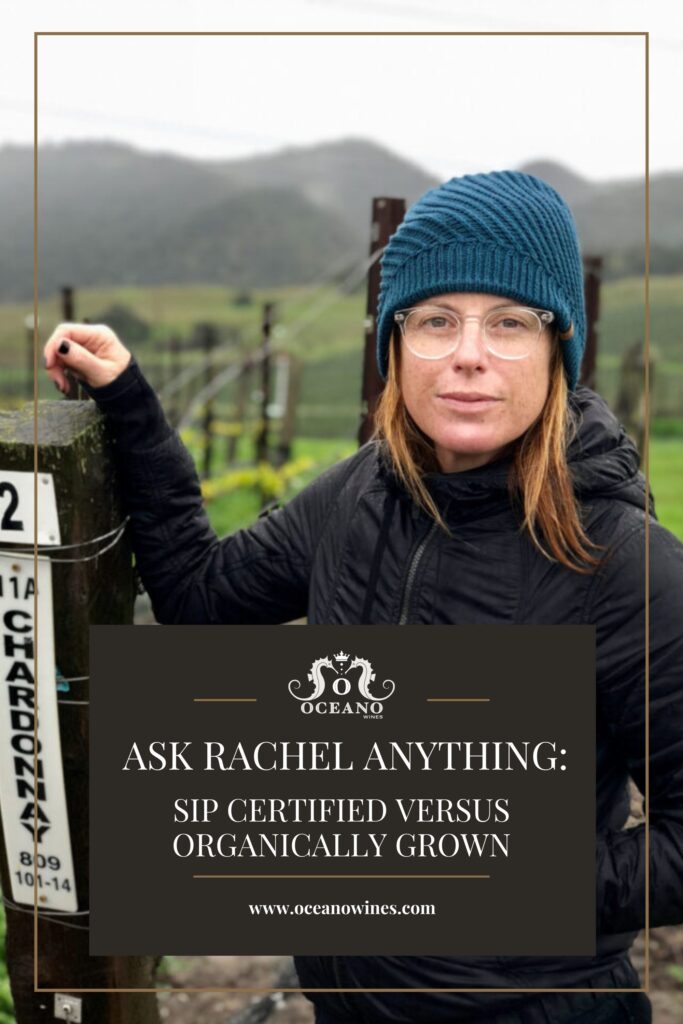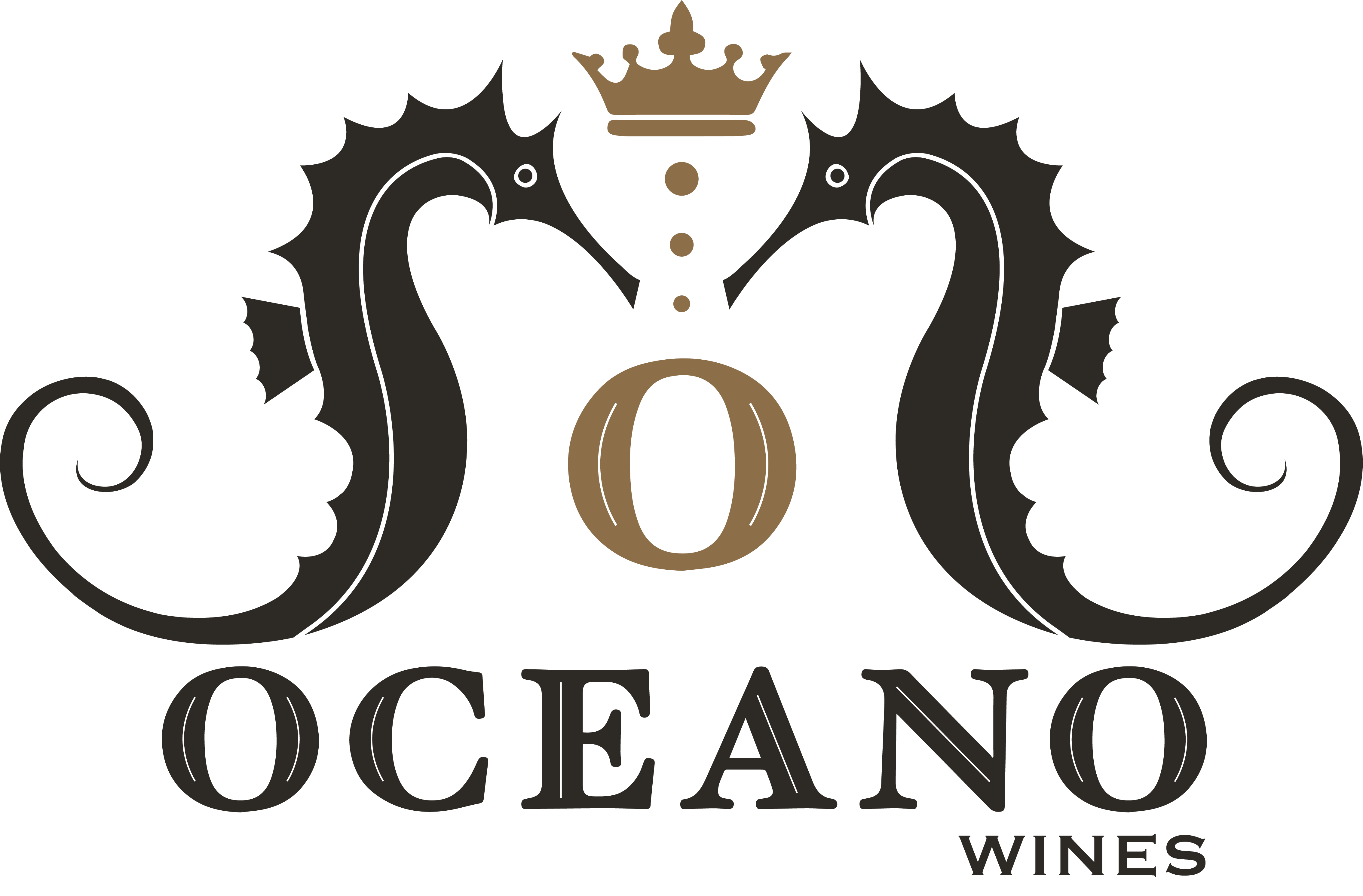Which sends a more positive message to consumers ‘Sip Certified’ or ‘Organically Grown’? – Henry W.
Hi! Thanks for the great question! The answer is complicated, but I’ll try to explain it simply.
Sustainability is at the heart of everything we do, which is why our wines are SIP certified. This certification ensures that our wines meet rigorous sustainability standards, making them not only good for you but also for the planet. Whether you’re choosing an organic wine or looking for something that aligns with the principles of slow wine, our commitment to sustainability sets us apart.
Organic Wine Benefits
Organically grown is widely recognized by consumers because it’s regulated and marketed by the USDA. Some consumers think that organic white wines don’t taste as good as wines that are commercially grown, but this is a misconception likely built on a single experience with an inexpensive mass-produced organic wine they didn’t care for.
SIP Certified Wines
Our vineyard makes SIP certified wines, a certification guideline created on the central coast and managed by the vineyard team. SIP guidelines have been followed in other California regions and in other states, but not many, so the classification is known mostly by industry folks. The standards for SIP certified wines go beyond the standards for organic wine. This graph from the Sustainability In Practice team shows the other factors they take into consideration, such as water quality, social responsibility, and more.
Slow Wine
What would be really great is if you could get Spanish Springs recognized by Slow Wine. Slow Wine is a movement recognized by the hierarchy of wine critics, journalists, and producers. The wineries in the guide range from organic to biodynamic to sustainable. They have a marketing budget.
All Things Considered
To answer your question, I would say organic sends a more positive message. If you can educate your audience, they may agree that being sustainable is more important than being organic, but as it stands, organic is the gold standard.
Any Questions?
A unique combination of education, experience, and a passion for wine inspired me to launch Oceano Wines and I am happy to share my knowledge with other winemakers and wine lovers alike. What do you want to know about Oceano, our team, winemaking, our travels, or our industry? Send me your questions!

Choosing SIP certified wines means supporting a holistic approach to winemaking that respects the environment, the community, and the future. Our commitment to sustainability reflects our promise to the planet and ensures that every bottle of Oceano wine you enjoy is crafted with care.
Interested in supporting sustainable winemaking? Visit Oceano’s shop to explore our selection of SIP certified wines and make a positive impact today!






